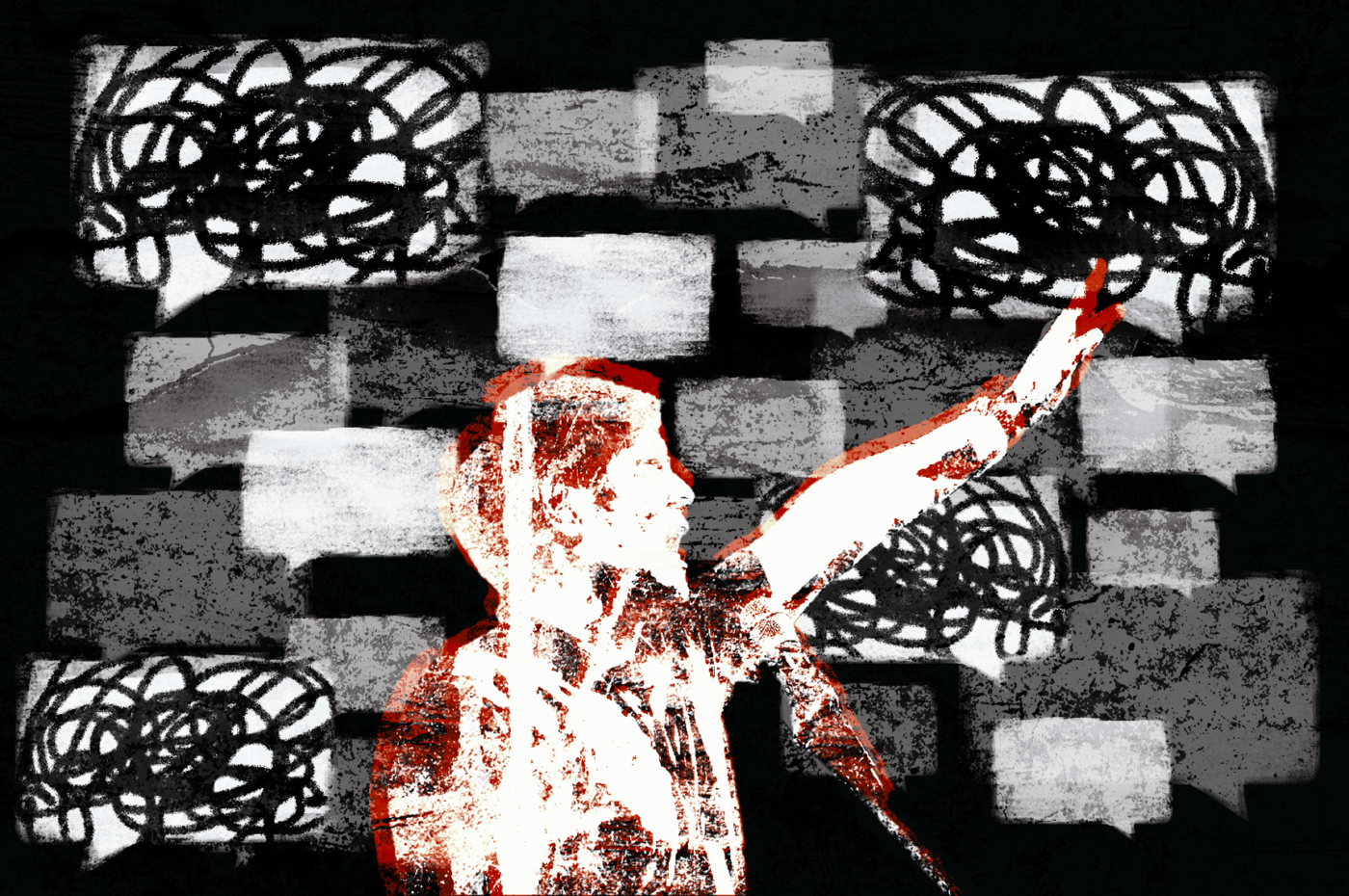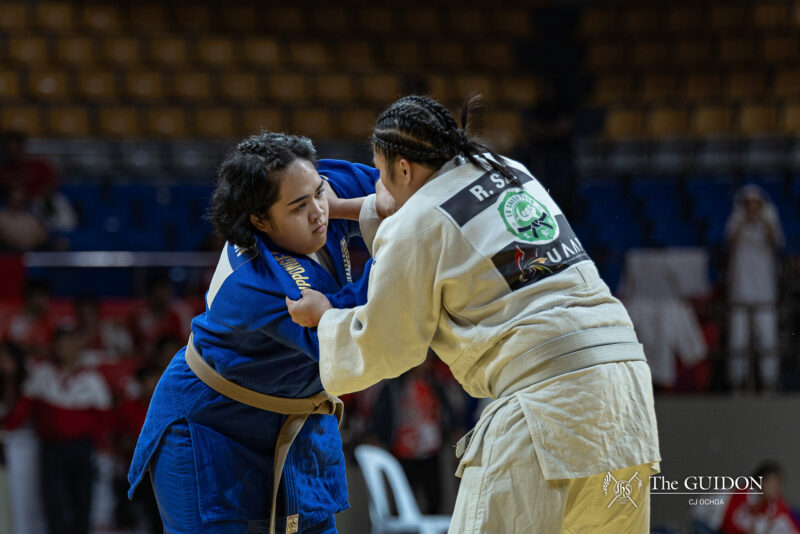Ferdinand Marcos Sr.’s administration instigated a wave of attacks on the media at an unprecedented level in Philippine history. As his son takes his seat of power, concern arises surrounding the state of journalism and the future of the media.
IN HIS 2022 presidential campaign, President Ferdinand Marcos Jr. claimed to be a victim of targeted fake news. Since assuming the presidency, he has repeatedly assured the public that he would uphold freedom of speech and the press, in contrast to his predecessor who openly threatened it.
However, fear among various sectoral groups persists due to Marcos Jr.’s silence on attacks against the free press since the beginning of his term. Further fueling this fear is the history of his father and namesake, the late dictator Ferdinand Marcos Sr., who imprisoned critics, journalists, and activists during his regime.
A legacy of silence and suppression
On September 21, 1972, Marcos Sr. signed Proclamation No. 1081 to establish Martial Law due to “lawless elements” and “social disorder” allegedly perpetrated by communist-front organizations, among others. Within a week, he issued Letter of Instruction No. 1 authorizing the military to take over privately owned mass media outlets accused of subversion and involvement with the Communist Movement.
“[Political propaganda regarding the Marcoses] wasn’t just prevalent, it was the only thing that existed [during] Martial Law,” Senior Desk Editor for Rappler Chito de la Vega shares.
At the time, the public received information only through news outlets that belonged to Marcos cronies. Such media bodies circulated propagandist articles that projected positive images of the New Society by concealing the regime’s shortcomings on its promises of equality, justice, and peace.
Journalists had little freedom with their writing, dealing with controlling editors and threats of losing their jobs. de la Vega began his career in journalism in 1984, working for the Manila Evening Post—a small broadsheet owned by subordinates of the Marcos family.“I remember there were [other journalists] working for Marcos newspapers and yet lost their jobs. I could not afford to lose my job, so I had to toe the line,” de la Vega admits.
Amid the media takeover of Marcos cronies, a collective of small opposition newspapers emerged to form the “mosquito press.” Though the mosquito press constantly faced threats of office shutdowns and detainment from the government, they remained steadfast in writing about the atrocities that transpired under Marcos Sr.’s regime until the late dictator was ousted in 1986.
After most Marcos cronies fled, the free press re-established its foothold in Philippine society. de la Vega applied to the Philippine Daily Inquirer, where he worked for 32 years before shifting to Rappler in 2017.
Today, concerns over political personalities allied with the Marcos family in the media persist. The president’s cousin House Speaker Martin Romualdez owns Prime Media Holdings, a Philippines-based holding company with investments in the entertainment industry. Romualdez’s sister-in-law Alexandra “Sandy” Prieto is the current chief executive officer of the mass media conglomerate Inquirer Group of Companies. The Romualdez family also owns the Journal Group of Publications and national broadsheet Manila Standard.
Meanwhile, the plight of media workers under Marcos Jr.’s administration reveals that it differs little from that of its predecessor. The Center for Media Freedom and Responsibility reported 75 attacks on media personalities from June 30, 2022 to April 30, 2023, a statistic that “exceeds the number of attacks/threats in any one year during the term of Duterte.” Moreover, red-tagging still remains an intimidation tactic against the media, with 17 cases already recorded in the same time period.
Breaking the illusion
The existence of an organized network of pro-Marcos troll farms that generate inorganic engagement on pro-administration propaganda has been well-documented. This tactic was the cornerstone of Marcos Jr.’s election campaign and continues to boost the image of his presidency.
“Every day, we’re not bombarded with imagery [that] Marcos is a hero. [However], slowly but surely, they’re removing the meaning from the things that we take for granted as fact,” Political Science Department Associate Chair Beatriz Beato shares.
As an editor in Marcos Jr.’s administration, de la Vega has likewise noticed the differences between the father’s and son’s treatment of the press. “[Marcos] Sr. is more repressive. [Marcos] Jr. uses more subtle things, I think, because of the social media tools available to him,” he shares, in a mix of English and Filipino.
Moreover, Beato spotlights gaps in Martial Law education as a factor that made Marcos Jr. media tactics successful. She notes that these lessons highlight infrastructure projects but omit the Philippines’ economic hardships during the time; these gaps may then serve as foundations of pro-Marcos propaganda.
To combat this, de la Vega and other Rappler journalists have taken an active role in unearthing the truth about the Marcoses by producing several investigative pieces about their networks of disinformation. However, these are often bombarded with comments from trolls.
“[These comments] are casting doubt, not only on the information, but on the sender,” de la Vega points out. Consequently, administration-critical pieces have lost credibility among Filipinos.
The emergence of political vlogs has only encouraged mistrust in formal news outlets. Despite being an informal source of information, political vlogs have gained popularity among Filipino citizens, which Beato believes is due to their accessibility and unique ability to capture the daily realities of the common Filipino.
With hyper-partisan vloggers boasting millions of views and yielding much sway over political discourse, the Palace has prioritized vloggers’ accreditation in Malacañang coverage.
Such a decision has raised concerns about the future of journalism. “If you focus too much on vloggers, what happens to the role of the media not just as a reporter, but also as a watchdog? […] Journalists and media practitioners have the specific role also of keeping the government in check,” Beato says.
Despite taking on starkly different attitudes towards the media, Marcos Jr. and Marcos Sr. share the same goal—to leave a well-admired and untarnished legacy for the Marcoses.
Beneath the facade
A year into the Marcos Jr. presidency, the Philippine Center for Investigative Journalism tagged the president’s relationship with the press as amiable, yet the disconnect between the president’s words and actions concerning press freedom remains salient.
One such case is of an alternative news website Bulatlat, which the National Telecommunications Commission (NTC) issued a block order against in October 2022. In pursuance of a June 2022 NTC memorandum, the block order instructed Internet service providers to block websites of alternative media outlets such as Bulatlat and Pinoy Weekly for supposed affiliations with communist rebels.
“[Marcos Jr.’s tactics] are a little more subtle. Instead of outright banning people, they use tactics such as discrediting subtly [the] progressive smaller publications,” Beato emphasizes.
However, while the former dictator faced insurmountable resistance towards the end of his term, his son assumed the presidency with support from millions of Filipinos. This backing helps strengthen Marcos Jr.’s attempt at rehabilitating a legacy muddled with press freedom restrictions and human rights violations.
As the nation witnesses these attempts in carrying out a decades-old goal, Filipinos are tasked to strengthen the counter-narratives that can upend the oppression characterizing the legacy of the Marcoses. Filipinos have a choice to be on the side of history that upholds genuine truth and justice—or the one that buries it.




